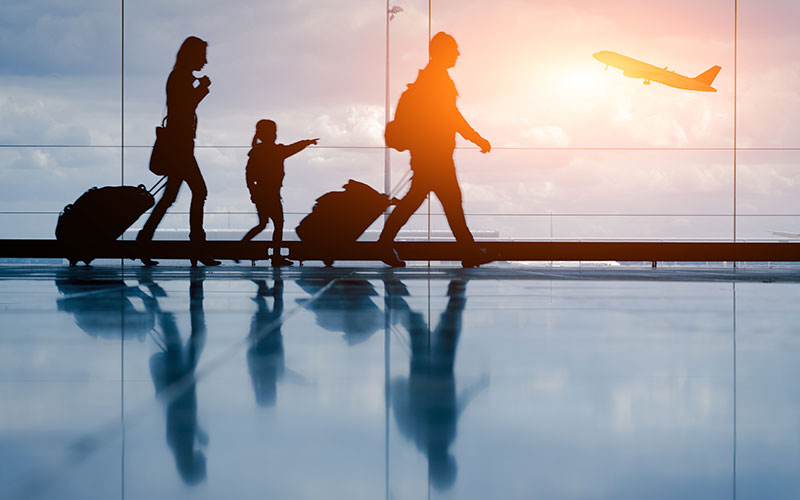

Travel Insurance: Global Impact of the novel coronavirus (COVID-19)
With the sudden and intense global impact of this new coronavirus, many businesses and industries are left reeling. Worldwide response measures require difficult decisions, one of which is whether or not to travel. Traveling means a lot of things to a lot of people. It could mean your morning commute or it could mean flying for work multiple times a week. It could mean taking an annual family vacation or going on a road trip to see an old friend. No matter the reason, means, or duration, people plan to travel all the time. It is a part of everyone’s everyday life in some capacity. And travel isn’t cheap.
Whether it’s filling up your gas tank, buying a plane ticket, reserving a hotel, or something else, it all adds up. There are a lot of dollars at stake when travel is planned, and likewise, when interrupted. What is one way to guard against the unknown or unexpected when it comes to travel plans? Travel insurance. You may have seen this before. It’s the offer you always decline at the end of your travel booking because you think “This won’t happen to me,” which coincidentally, are the most (in)famous five words in any insurance.
Travel insurance isn’t a very common option taken unless there are a lot of moving parts to the trip, a lot of dollars at stake, or if the trip is to an unstable or insecure destination. Nonetheless, it seems appropriate to touch on a few basics given the current state of events. First, just like any other insurance, there needs to be a ‘trigger’ for any coverage to apply. That trigger can’t be “I don’t feel like going anymore.” Things like travel bans, weather events, verifiable injury/illness, etc. are the most common claims in travel insurance. Other common elements are premiums and deductibles.
Just like any other insurance, you have to pay a premium for travel insurance, which stems from a lot of variables, all of which are relative to the trip being covered. The same goes for a deductible, which is likely in the range of $250-$500. All of this is to say that even with the current threat of a pandemic, you can’t simply decide to abandon your trip and expect to get all your money back. Something first has to interrupt or cause that trip to be canceled before you have any chance at recovery.
Another thing to keep in mind when weighing costs is that even if you have a claim scenario, it isn’t without first having paid a premium to get the coverage followed by a deductible of some sort. As with most insurance buying decisions, it comes down to the traveler’s appetite for financial and personal risk. One thing to keep in mind – be sure to check your credit card’s benefits program. Most credit card companies offer trip interruption/cancellation coverage as a benefit to cardholders. As always, make sure to read all the fine print before making any assumptions. Give us a call if you need us to do that for you!
